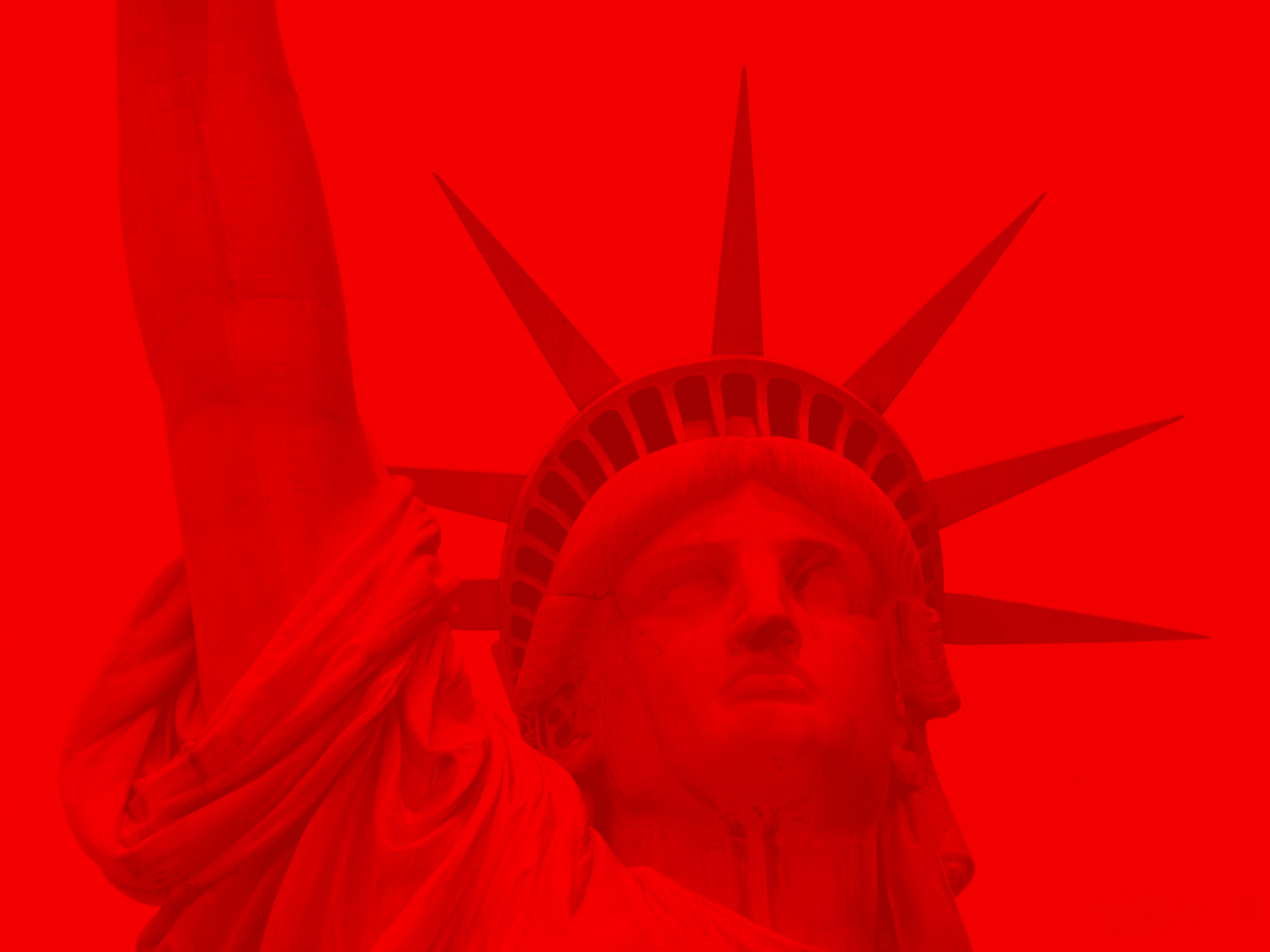South Africa has entered a frightening chapter in its history. On January 23, 2025, President Cyril Ramaphosa signed into law the Expropriation Act, officially legalizing expropriation without compensation. While some view it as a move to rectify historical wrongs, the legislation has raised significant concerns about its impact on property rights, the economy, and the rule of law.
Vague Powers, Uncertain Rights
The Expropriation Act of 2025 replaces the Expropriation Act of 1975, which limited expropriation to public purposes such as infrastructure projects, with compensation based on market value. The new law introduces sweeping changes, allowing expropriation not only for "public purposes" but also for "public interest" - a broadly defined term that includes land reform and historical redress.
While the government claims the Act aligns with Section 25 of the Constitution, its vague language opens the door for abuse, enabling the state to seize private property with minimal accountability.
The most controversial aspect is the provision for expropriation without compensation under certain conditions, including:
Speculative Land: Properties held without immediate plans for productive use.
Abandoned or Underutilized Land: Land deemed idle by the state.
Public Benefit Land: Areas occupied by informal settlements or needed for public projects.
State-Owned Land: Transfers between government entities without compensation.
These provisions go beyond rural or agricultural land, putting residential, commercial, and industrial properties at risk. Compensation is now subjective, based on factors such as the property’s current use, history of acquisition, and the purpose of expropriation. Homeowners and businesses alike face uncertainty, an owner with a large yard could see their land seized if deemed better suited for low-income housing.
Lessons from Zimbabwe
South Africa’s approach echoes Zimbabwe’s disastrous land expropriation program, which triggered agricultural collapse, hyperinflation, and a sharp decline in productivity. In Zimbabwe, land redistribution from white commercial farmers to individuals often lacking resources or expertise undermined the economy and fueled illegal occupations with tacit state approval.
A similar dynamic could unfold in South Africa. The Prevention of Illegal Eviction Act requires landowners to obtain court orders before removing unlawful occupiers. Combined with the Expropriation Act, this framework may encourage squatting in anticipation of government expropriation, further destabilizing land ownership and investment.
Broader Implications
The economic consequences of the Expropriation Act are profound. Foreign investment, already fragile, could decline further as confidence in property rights erodes. Domestic businesses and individuals may hesitate to invest in land or infrastructure, which can slow economic growth.
Socially, the law risks deepening divisions. Framing expropriation as a tool for redress could exacerbate polarization among communities, undermining efforts to foster unity and collaboration.
The legislation has also reignited criticism of South Africa’s Government of National Unity (GNU), the coalition of the ruling African National Congress (ANC) and opposition parties such as the Democratic Alliance (DA) and Freedom Front Plus (VF+). Initially seen as a step toward inclusive governance, the GNU now faces scrutiny for enabling controversial laws like the Expropriation Act, raising concerns that coalition dynamics may have strengthened opposition agendas.
Turning Point for South Africa
The Expropriation Act marks a critical turning point for South Africa. By undermining property rights, a cornerstone of economic stability, the nation risks widespread instability, diminished investor confidence, and erosion of private ownership. South Africa now stands at a crossroads, facing the profound consequences of sacrificing property rights for political expediency, with potentially lasting effects on its economic future.


